New Essential Learnings in Citizenship and Development
The Ministry of Education has integrated the mandatory domain of sexuality into the new Essential Learnings. This proposal has sparked protests, but the government assures that the topic will be addressed.
What are the new Essential Learnings?
The new Essential Learnings are divided into two groups. The first, mandatory in all years of Basic and Secondary Education, includes dimensions such as 'Human Rights', 'Democracy and Political Institutions', 'Sustainable Development', and 'Financial Literacy and Entrepreneurship'.
The second group, mandatory in the 1st cycle of Basic Education and collectively in the 2nd and 3rd cycles, includes dimensions like 'Cultural Pluralism and Diversity', 'Media', 'Health', and 'Risk and Road Safety'. Schools have the autonomy to choose the year(s) in which each dimension will be developed.
Is Sexuality Still Part of Citizenship and Development?
In July, the Secretary of State for Education mentioned that Sexuality would appear within the Health dimension, and Gender Equality would be included in Human Rights and Sustainable Development. Searching for the word 'Sexuality' in the proposal yields zero results, but the Health dimension references the topic.
For example, in the 1st cycle, students should 'Recognize that people are different, physically and mentally' and 'Express affection through positive, respectful, and assertive communication'. Later cycles mention 'establishing healthy interpersonal relationships based on respect, communication, trust, and consent' and 'preventing risky behaviors and situations'.
In Secondary Education, students are expected to 'interact based on respect and trust, without discrimination' and 'identify aspects to value in interpersonal relationships'.
Beyond Health: Sexuality in Other Dimensions
Sexuality also appears in the Human Rights dimension, particularly in the 3rd cycle, where students analyze cases of human rights violations, including violence against people with non-normative sexual orientation and gender identity.
In Secondary Education, online risks like sexting and sextortion are addressed in the Media dimension.
School Autonomy in Teaching These Contents
The government emphasizes that schools have autonomy in how they operationalize the discipline, including the number of hours and teaching methods. The Minister of Education suggested that it might not be feasible for a single teacher to cover all topics, opening the door to partnerships with universities and other institutions.

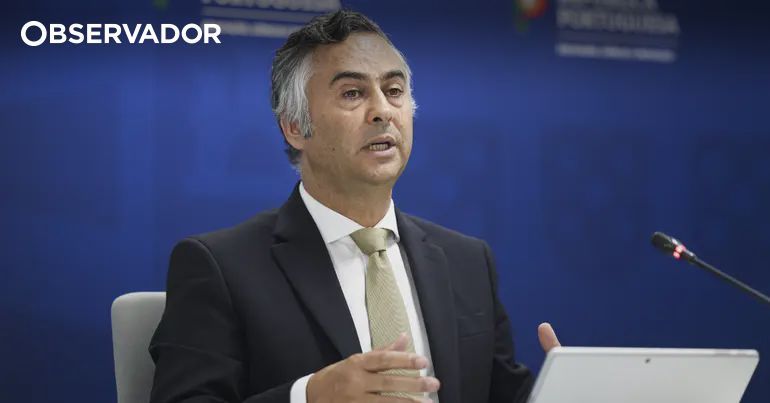


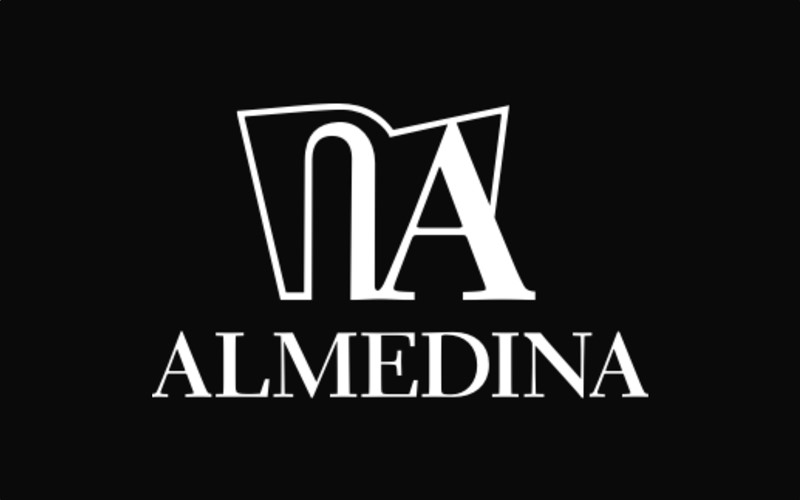
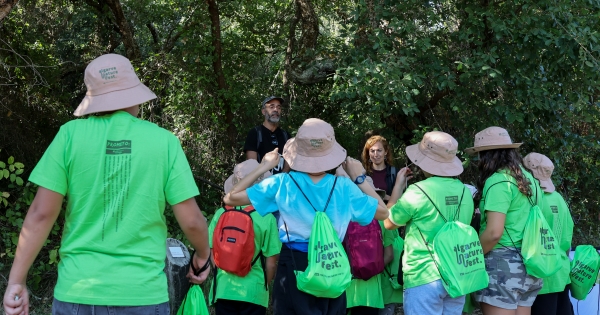
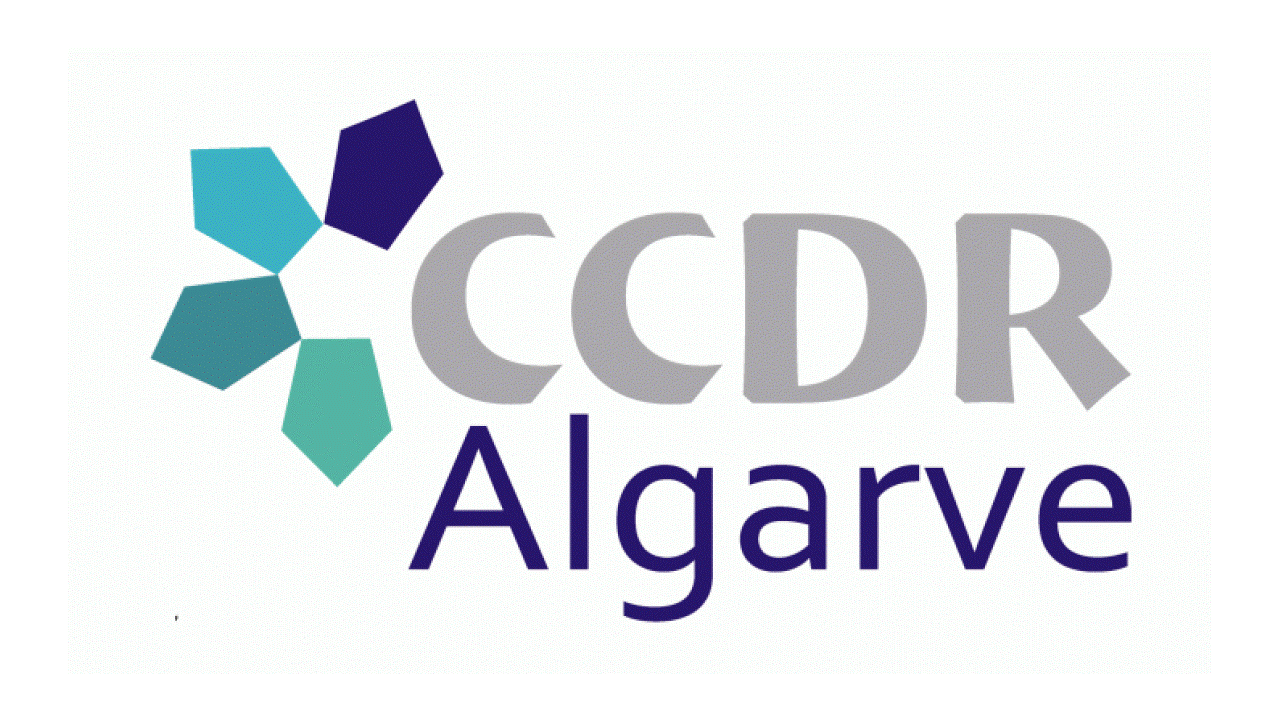




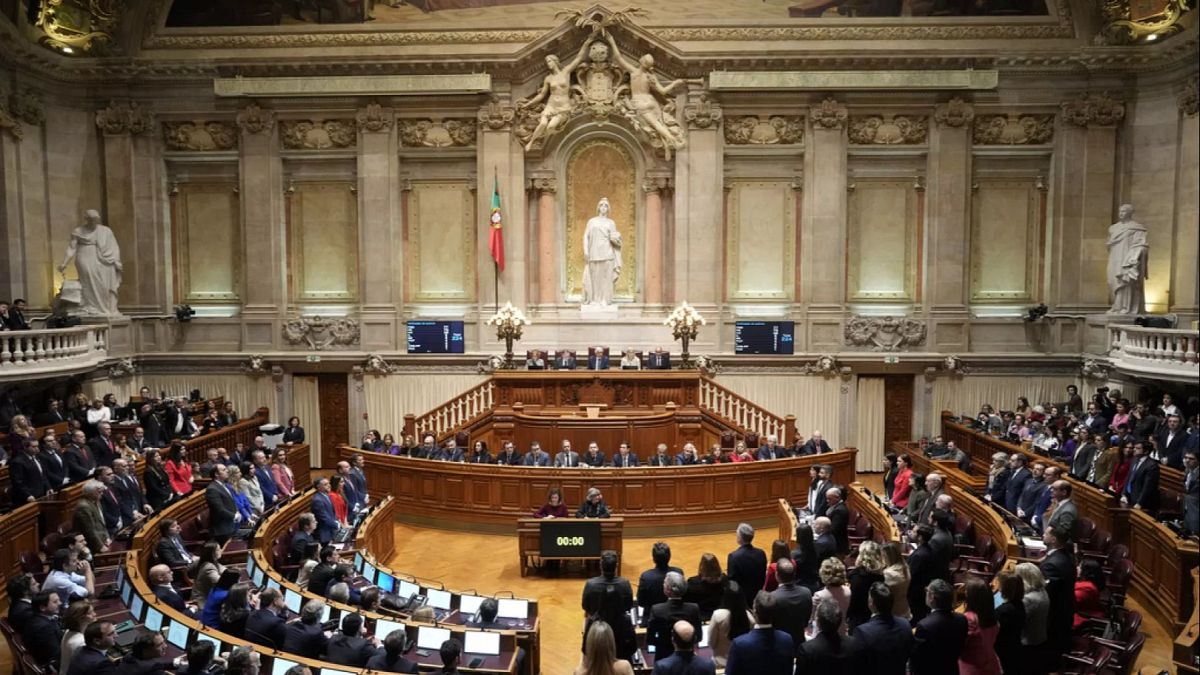












Comments
Join Our Community
Sign up to share your thoughts, engage with others, and become part of our growing community.
No comments yet
Be the first to share your thoughts and start the conversation!